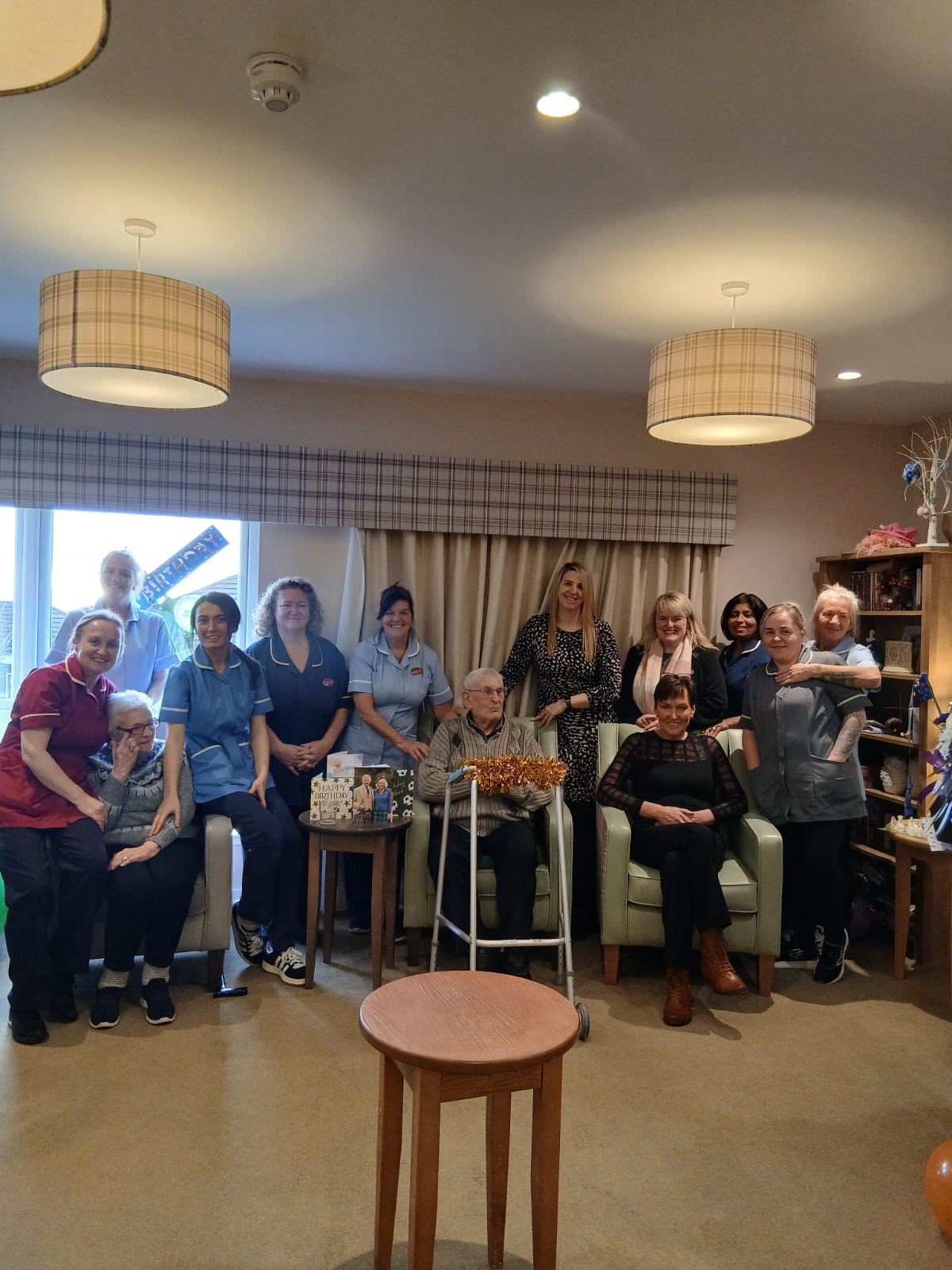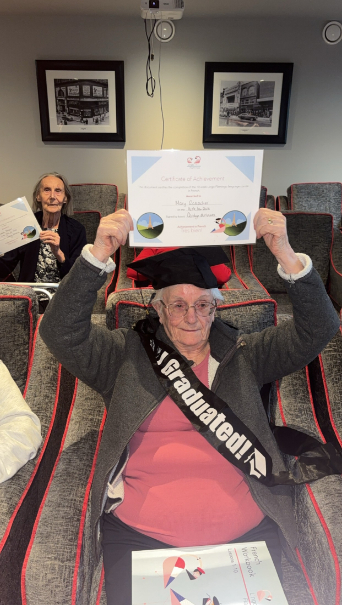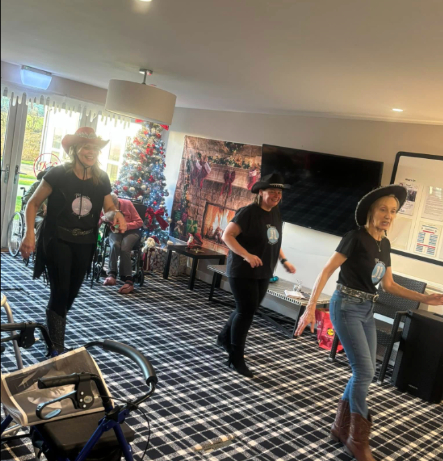Best activities in a Care Home for the Elderly

Keeping older adults active, engaged, and connected is a vital part of life in any care home. While high-quality care is essential, a good care home should also offer a daily routine filled with enjoyable, stimulating activities. These activities support residents’ physical, emotional, and social well-being, helping them feel at home and part of a friendly, supportive community.
In Duntocher and across Scotland, care homes are placing increasing importance on personalised, meaningful activity programmes that improve quality of life. It's important to understand why these activities matter, what they include, and how they benefit residents, particularly those living with dementia.
Why Activities Matter in Elderly Care
Participating in daily activities brings many benefits to older adults, especially those living in residential care. A good mix of physical, creative, social, and sensory activities helps residents stay active, build friendships, and maintain a sense of identity and purpose. It also provides structure and variety to each day, which can be especially important for those adjusting to care home life.
For many residents, taking part in activities improves mental health, boosts confidence, and encourages as much independence as possible. Whether it’s a gentle walk in nature, a gardening session, or a board game with friends, the focus is always on enjoyment and inclusion.
What Makes an Activity Meaningful?
Not all activities are equally effective. What matters most is that the activity holds some personal value to the individual. Meaningful activities connect residents with their interests, life events, skills, or memories. A personalised approach helps staff plan sessions based on each person’s care and support needs, preferences, and background.
Someone who once enjoyed fishing might appreciate a nature walk. A former teacher may love reading to others. Taking the time to understand each person’s wishes and personal history is key to building an activity plan that feels relevant and fulfilling.
Benefits of Regular Activity in Care Homes
A well-balanced activity programme can improve residents’ lives in many ways. It supports physical health, strengthens social bonds, and plays an important role in emotional support. Here are just some of the benefits of regular activity in care settings:
- Improved mobility, balance, and flexibility
- Enhanced mood and reduced anxiety
- Better cognitive function and memory
- Stronger relationships with peers and care workers
- Higher self-esteem and independence
- A sense of routine and purpose
- Opportunities to pursue hobbies and try new interests
Many care providers now follow a person centred approach when creating activity schedules. This helps ensure the support planning process reflects each individual’s needs assessment, health conditions, and desired outcomes.
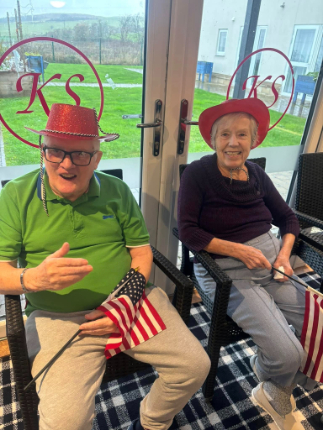

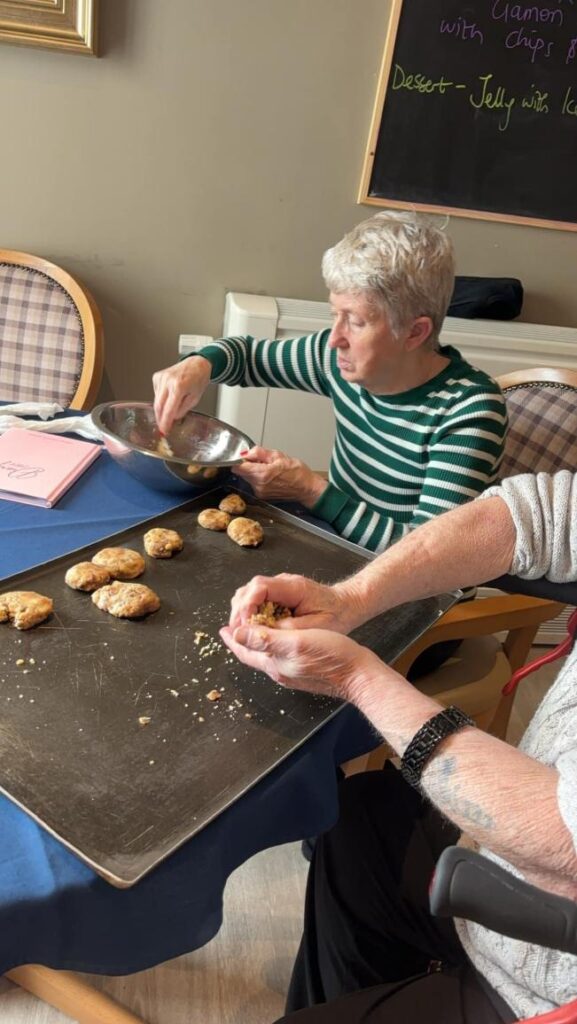
Popular Activities in Residential Care
The planning process behind care home activities usually considers a wide range of abilities and interests. Activities may include group events, one-to-one sessions, and quieter personal hobbies. Here are some of the most popular:
- Arts and crafts
- Gardening and nature walks
- Chair-based fitness or movement classes
- Bingo, quizzes, and board games
- Music therapy and singalongs
- Baking and cooking sessions
- Reminiscence groups
- Visits from pets or entertainers
- Family member visits and community events
- Religious services or quiet reflection
- Life story work and memory boxes
- Seasonal celebrations and themed days
Care homes often involve healthcare professionals in planning these sessions to ensure they’re safe, suitable, and regularly reviewed. Support plans and care and support plans may also be updated to reflect how a resident’s condition responded to certain activities.
Activities That Support Residents Living With Dementia
For those living with dementia, meaningful activity plays an even greater role in daily life. It supports well-being, encourages communication, and provides reassurance in familiar routines. A carefully planned dementia care plan may include activities that are sensory, social, and calming.
Effective dementia-friendly activities include:
- Music and singing to stimulate memory and reduce agitation
- Reminiscence sessions using photos or familiar items
- Gentle gardening to enjoy fresh air and movement
- Crafts and tactile activities to support fine motor skills
- Reading or listening to stories to promote focus and calm
- Pet therapy to bring joy and companionship
- Sensory stimulation through scent, touch, or light
These sessions are often created collaboratively between the care team and family members to ensure the activity supports the resident’s health condition, emotional needs, and personal preferences.
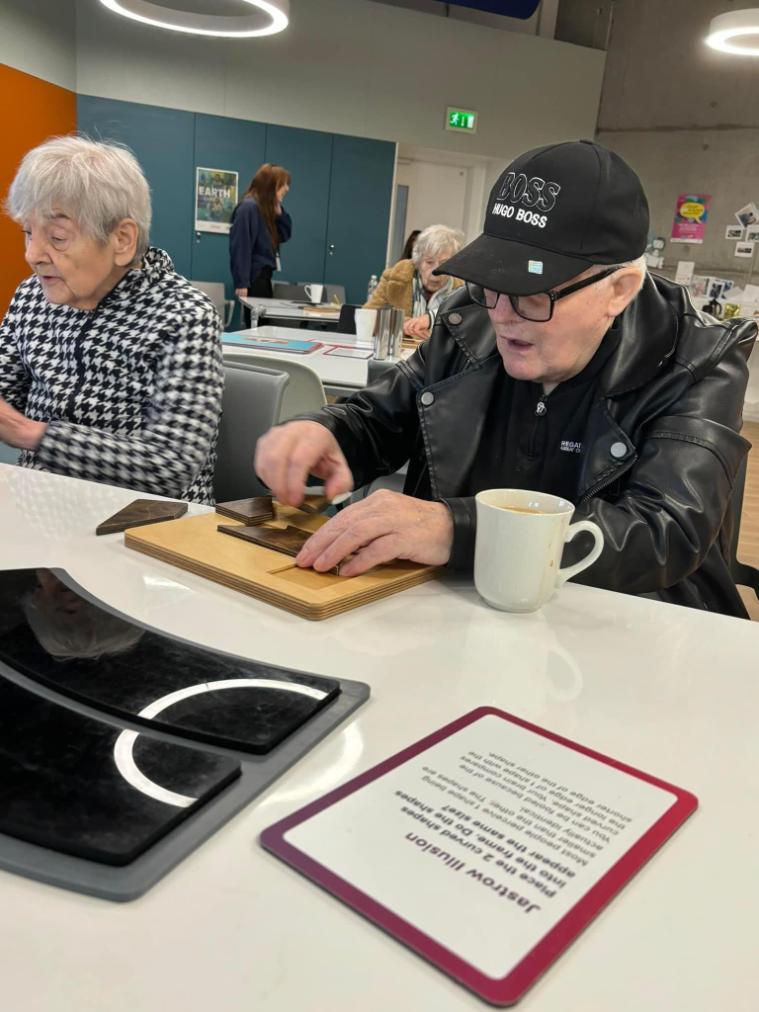

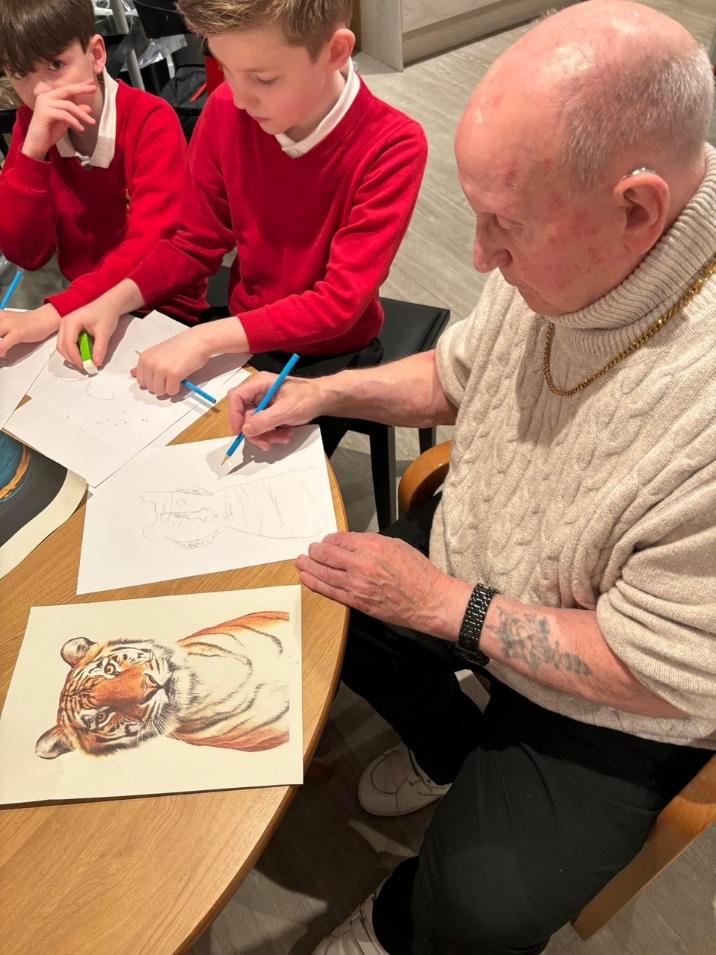
Supporting Activity Through Personalised Care
Care and support plans play a major role in ensuring each resident receives meaningful activity tailored to their abilities. A clear understanding of the person’s care needs, medical history, and mental capacity is essential. In many cases, adult social services or the local council will be involved in the support planning process, particularly where a personal budget is in place.
Care plans are important because they help ensure coordinated care, with input from experienced registered nurses, certified nursing assistants, and other healthcare providers. These plans should be regularly reviewed and adjusted to match the resident's health condition, support needs, and changing interests.
At Kingsacre Care Home, we use Nourish to support our care planning process. It helps our team collect vital signs, record key dates, and keep essential information up to date. For more on how Nourish supports person centred care, visit our blog dedicated to care technology.

Activities at Kingsacre Care Home in Duntocher
At Kingsacre Care Home, we believe that activities should never be an afterthought. They are central to our care approach. Our team works closely with each resident to offer a programme that includes as much control and independence as possible, regardless of age or condition.
We regularly host creative sessions, music afternoons, gentle exercise, themed events, and dementia-friendly activities. These are designed to support physical and mental health while helping every resident feel at home, valued, and connected.
Whether someone is pursuing hobbies from earlier in life or exploring something new, our activities aim to support the well-being of every resident in our care home.
Speak with our friendly team to learn more about how we provide support through personalised activities and care!
